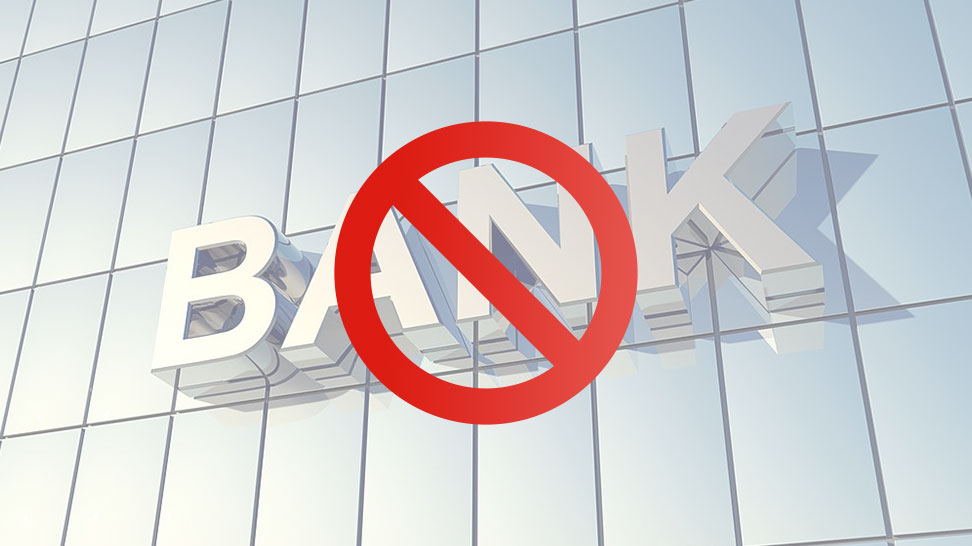An Offshore Asset Protection Trust (OAFT) is an effective tool for protecting assets from future lawsuits and potential creditors. A trust is established under the laws of a foreign country and managed by a professional trustee not subject to the laws of the Trust maker’s home country.
An offshore asset protection trust can provide peace of mind to people whose wealth makes them a likely target for a lawsuit, such as physicians, business owners, and entrepreneurs.
In the United States, the cost of defending a lawsuit can quickly amount to hundreds of thousands or millions of dollars. In the event of a lawsuit, assets placed in an offshore asset protection trust will be extremely difficult to reach, even if the plaintiff gets a favorable judgment in a U.S. court. The most reputable offshore jurisdictions are the Cooks Islands, Nevis, and Belize which have favorable laws and court systems for asset protection trusts.
Why Domestic Asset Protection Trusts Don’t Always Work
There are Domestic Asset Protection Trusts (DAPT) available, but they can come with multiple disadvantages in comparison to what an Offshore Asset Protection Trust can offer.
Some of the disadvantages to a Domestic Asset Protection Trust are:
- Limited Regional Protection – One of the significant limitations of a Domestic Asset Protection Trust is its lack of recognition in many states. As of 2020, there are only eighteen states that currently recognize this form of trust. If you live or get sued in a state that does not offer explicit protections to DAPTs, there is a risk the courts may not be sympathetic to the protections of an out-of-state DAPT. The states that recognize DAPTs are Alaska, Colorado, Delaware, Hawaii, Michigan, Mississippi, Missouri, Nevada, New Hampshire, Ohio, Oklahoma, Rhode Island, South Dakota, Tennessee, Utah, Virginia, West Virginia, and Wyoming.
- Legal Grey Zone on Trusts Across State Borders – If you live in a state that does not explicitly allow the protections of a Domestic Asset Protection Trust, you may consider forming a trust in another state to take advantage of the available financial protections. While this arrangement has become a popular choice with many Americans, recent case law suggests this type of arrangement can be susceptible to unfavorable court rulings. As there is minimal case law to follow regarding out-of-state residents using DAPTs, you might not be protected from your creditors if you live in a state that does not allow DAPTs and forms one in another state.
- Fully Funded for Longer than Ten Years – The ruling 11 U.S.C. section 548(e) basically says that the trust needs to be fully funded more than ten years prior to any legal claim. Having a trust fund for a long period of time shows to the courts that the debtor of a lawsuit is not intending to hinder, delay or defraud any entity to which the debtor owes money versus if the debtor transferred funds to a Domestic Asset Protection Trust right before a legal claim, this could be thought of hindering, delaying or defrauding the claim.
- Exposure to Federal Rulings – Lastly, it’s important to note that the small amount of case law surrounding Domestic Asset Protection Trusts means there is little evidence this type of trust will hold up against federal judgments. As DAPTs are not recognized in many parts of the country, you might be exposed to federal rulings.
Essentially, in order for a Domestic Asset Protection Trust to work, you must have the perfect trifecta. One, you must live in a state that permits DAPTs. Two, a lawsuit against you must be filed in that DAPT state. And three, your DAPT must be over ten years old.
Advantages of an Offshore Asset Protection Trust
Knowing some of the disadvantages to have a Domestic Asset Protection Trust, it’s important to understand what assets are protected with an Offshore Asset Protection Trust and the advantages of an OAFT should you consider this option over a DAPT.
An offshore asset protection trust can hold a variety of different assets:
- Business Inventory and Equipment
- Cash
- Intellectual Property
- Limited Liability Companies
- Real Estate
- Recreational Assets such as Private Jets, Cars, and Yachts
- Securities
Advantages to an Offshore Asset Protection Trust are:
- Protection for assets and investments, keeping them out of the reach of creditors, banks, or any court orders originating from outside the foreign country the trust resides in
- Depending on the type of OAFT you have, you may reduce the overall amount of taxes owned on the assets
- Depending on the type of OAFT you have, some of those foreign judicial systems are considered “defendant friendly” should a legal claim be filed against you
- You can transact with your funds electronically without having to be in the foreign country your trust resides in
- Several types of trust arrangements are available and none of the trust deeds have to be publicly registered
- Flexible trust structure that creates several investment opportunities (i.e., setting up offshore bank accounts as a U.S. citizen)
Offshore Trust Companies
There are only a handful of jurisdictions around the world with laws drafted to support the highest levels of offshore trust protection. The island nation of St. Kitts and Nevis as well as the Cook Islands serve as the offshore sites of administration for the trust assets. The Cook Islands is widely recognized by legal experts as the nation with the most favorable asset protection laws and the most tested case law history. That being said, assets do not need to be deposited in these same countries, they can just as easily be placed in internationally recognized banking centers such as Zurich, Switzerland or Luxembourg.
How to Set Up a Foreign Trust Correctly to Protect Assets
If you want to go forth with an Offshore Asset Protection Trust, it is essential that you secure a trusted attorney with experience in establishing foreign trusts like the team at Blake Harris Law. From there, you and your attorney will go through the process of creating legal documentation, a Trust Agreement Formation, that defines the separate parties who will be part of the trust and how it will be managed. Then you will transfer your assets to the trust. And lastly, trust management is established with the responsibilities and obligations as what is outlined in the trust.
Are Offshore Asset Protection Trusts Bulletproof?
Despite what many advertisements say, Offshore Asset Protection Trusts are not bulletproof but they sure are very secure. An OAFT is an effective tool for protecting assets from future lawsuits and potential creditors. A trust is established under the laws of a foreign country and managed by a professional trustee not subject to the jurisdiction of the settlor’s home country. In the event of a lawsuit, assets placed in an OAFT are extremely difficult to reach, even if the plaintiff gets a favorable judgment in a U.S. court. Often, due to the complexities of foreign legal systems, lawsuits aimed at attaining assets within an OAFT could go on for years, dropped, or settled. The most reputable offshore jurisdictions are the Cook Islands, Nevis, and Belize, which have favorable laws and court systems for asset protection trusts.
For more information on how to learn about the highest form of asset protection that Blake Harris Law offers, visit our Cook Islands Trust page.
Possible Structure for Offshore Asset Protection Trusts
The typical structure of an Offshore Asset Protection Trusts consists of:
Settlor: He/she is the one who creates a trust and places assets under it—that’s you.
Trustees: There can be more than one trustee. The trustee(s) is the one who holds the assets’ legal title and administers the trust. Also, all trustees are legally bound to protect a settlor’s assets on behalf of the trust’s beneficiaries.
Trust Protector: He/she is responsible for appointing trustees and overseeing their activities. The settlor appoints the protector to supervise the trust and to ensure that the trustee is acting in the settlor’s best interest. The protector may be an attorney, family member, or some other trustworthy person.
Beneficiary: He/she is the one who benefits from the trust. For most trusts, the beneficiary and the settlor are the same person. But the settlor may add other persons (such as family members or other loved ones) to the trust.
Is Offshore Asset Protection Worth It?
An Offshore Asset Protection Trust is 100% worth it. Many high-net-worth people have lost their fortunes to creditors, malpractice claims, lawsuits, and business disputes. In order to protect your hard-earned wealth and gain peace of mind from potential high-risk situations, it is best to establish an OAFT with a trusted attorney.
Consulting an Offshore Trust Attorney
If you are looking to set up an offshore trust or are looking for guidance with IRS offshore reporting requirements, please contact Blake Harris Law.




